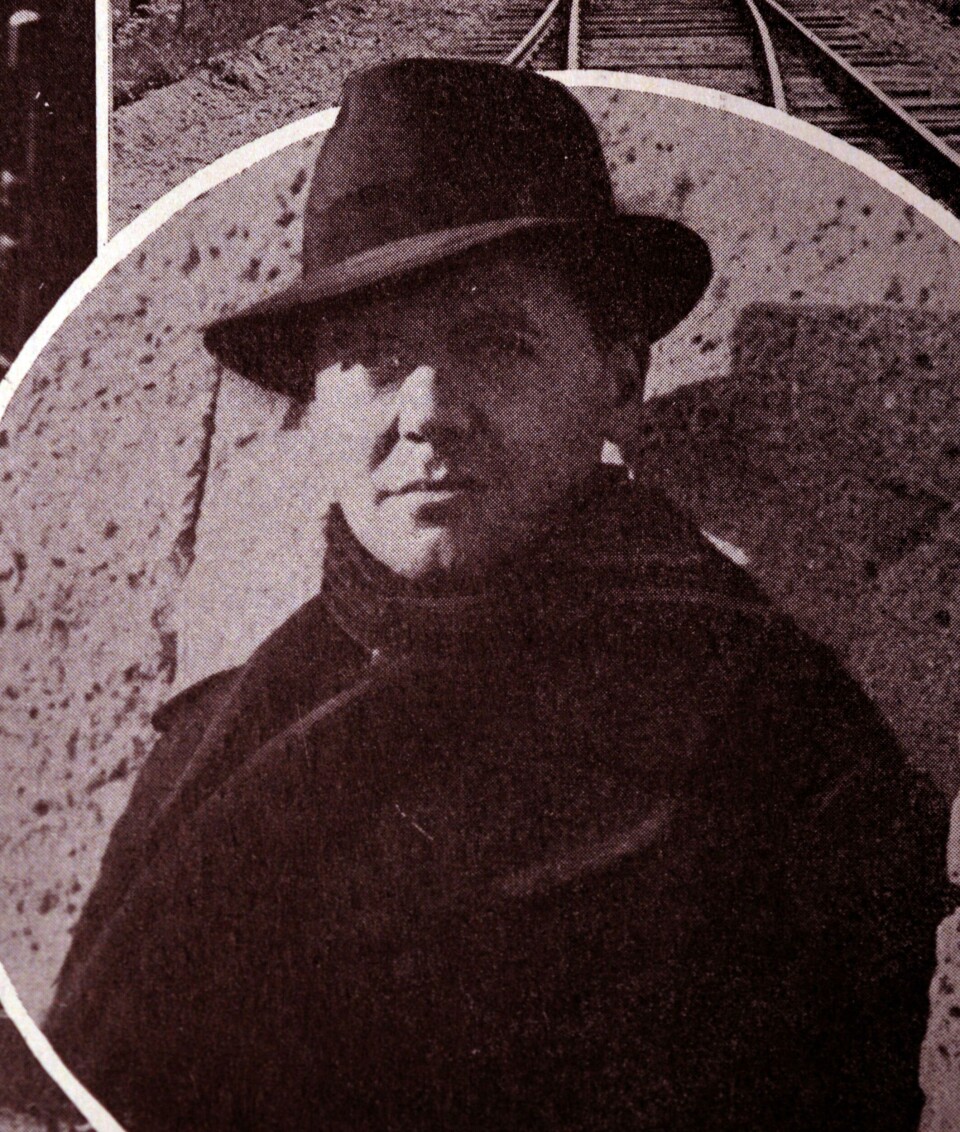-
Hospital fees set to increase in France: how will patients be affected?
Plans to save €400 million from social security spending targets several flat fees
-
New pink number plates in France lead to more police road checks
The plates are designed to enhance visibility and deter fraud
-
Alder pollen spike leads to warnings across most of France
Parts of the south-west at highest risk. Cypress pollen is also present along French Riviera
President Macron pays tribute to Resistance leader Jean Moulin
The president is going to the prison where the well-known French hero was tortured

President Emmanuel Macron is today (May 8) heading to Lyon to pay tribute to France’s most prominent Resistance leaders as part of France’s World War Two commemorations.
May 8 is a bank holiday in France as the nation celebrates the surrender of Nazi Germany to the Allies.
Mr Macron this morning joined the French military on the Champs-Elysées in a car as they marched up to the Arc de Triomphe.
The president reviewed France’s military troops at the Place de l’Etoile, revived the flame of the Unknown soldier’s tomb and placed a floral arrangement as part of a ceremony that every French president attends in the morning of May 8.
Read more: What is the history behind Paris’s Tomb of the Unknown Soldier?
However, he is then travelling to Lyon to visit Monluc’s jail in an effort to steer tributes towards Jean Moulin, the president of France’s National Council of the Resistance, who was tortured by Gestapo head Klaus Barbie at the prison. He died of his injuries shortly after.
Read more: Interview: ‘I drew in five minutes the absolute pain of a lifetime’
The Connexion explains how Jean Moulin is paramount to France’s World War Two history.
Leading French Resistance
Jean Moulin, born in Béziers (Hérault) on June 20, 1899, is the most well-known and respected figure of the French Resistance, known for bringing together the nascent opposition groups inside France into a national network.
His struggle against Nazi Germany was rewarded with throngs of medals and celebrated in tribute speeches, monuments, movies, TV series, museums and exhibitions. It takes an important place in lessons about the war in French schools.
France’s youngest prefect in 1937, Jean Moulin sought to transition from his desk job to a military position after the outbreak of war but was refused.
After the occupation, he came into conflict with the Nazi regime in 1940, being beaten and imprisoned for refusing to sign a false declaration that three Senegalese soldiers had committed atrocities and killed civilians (who had in fact been killed by a German bomb).
He attempted suicide with a piece of broken glass, causing a scar which he later covered with a scarf, a well-known part of his image.
He was dismissed from his post by the Vichy regime and went on to create Premier Combat, an anti-German newspaper for which he was editor-in-chief.
He then travelled to Marseille (Provence-Alpes-Côtes-D'Azur), to find out more about early Resistance activity there.
Read more: Marseille was early ‘Resistance capital’ as new series shows
From Marseille, he joined General de Gaulle in London in 1941, under a false passport and the fake name of Joseph Mercier, to update him on the Resistance and its needs.
He parachuted into Provence in early 1942 with a mission to unify the groups.
Having met with several leaders, groups came together to form a United Resistance Movement in January 1943, which later developed into a National Council of the Resistance.
After several successful sabotage missions and a growing number of French Resistance soldiers, Rex - as he was nicknamed - together with de Gaulle, was successful in getting the Resistance Fighters to agree to a unified programme in 1944 and to accept de Gaulle as their head.
He was arrested by the German Gestapo after an operation in Caluire (Auvergne-Rhône-Alpes) on June 21, 1943.
Several historians believe he was denounced by a member of the Resistance, although it has never been proven with certainty.
Jailed and tortured in Montluc
Mr Macron will visit and give a speech in Montluc, a prison in Lyon’s third arrondissement, where Mr Moulin was jailed and tortured, mainly by Klaus Barbie, who gained the nickname of ‘The Butcher of Lyon’ for the cruelty of his acts.
Several other prominent French Resistance figures were also jailed in Montluc, namely Raymond Aubrac, historian Marc Bloch and André Froissard. Forty-four Jewish children were also interned there before being sent to deportation camps.
Jean Moulin died on July 8, 1943 at Metz train station while being transferred to a deportation camp after being severely tortured by Klaus Barbie.
His ashes were transferred to the Panthéon on December 19, 1964 during the 20th anniversary of the liberation of Paris.
Related articles
French man finds bracelet of American WWII soldier in a field
Son of American WWII pilot retraces father’s escape across France
























